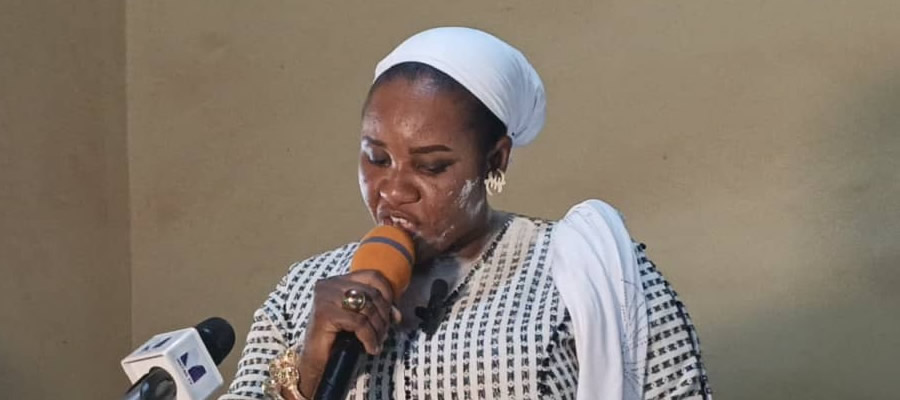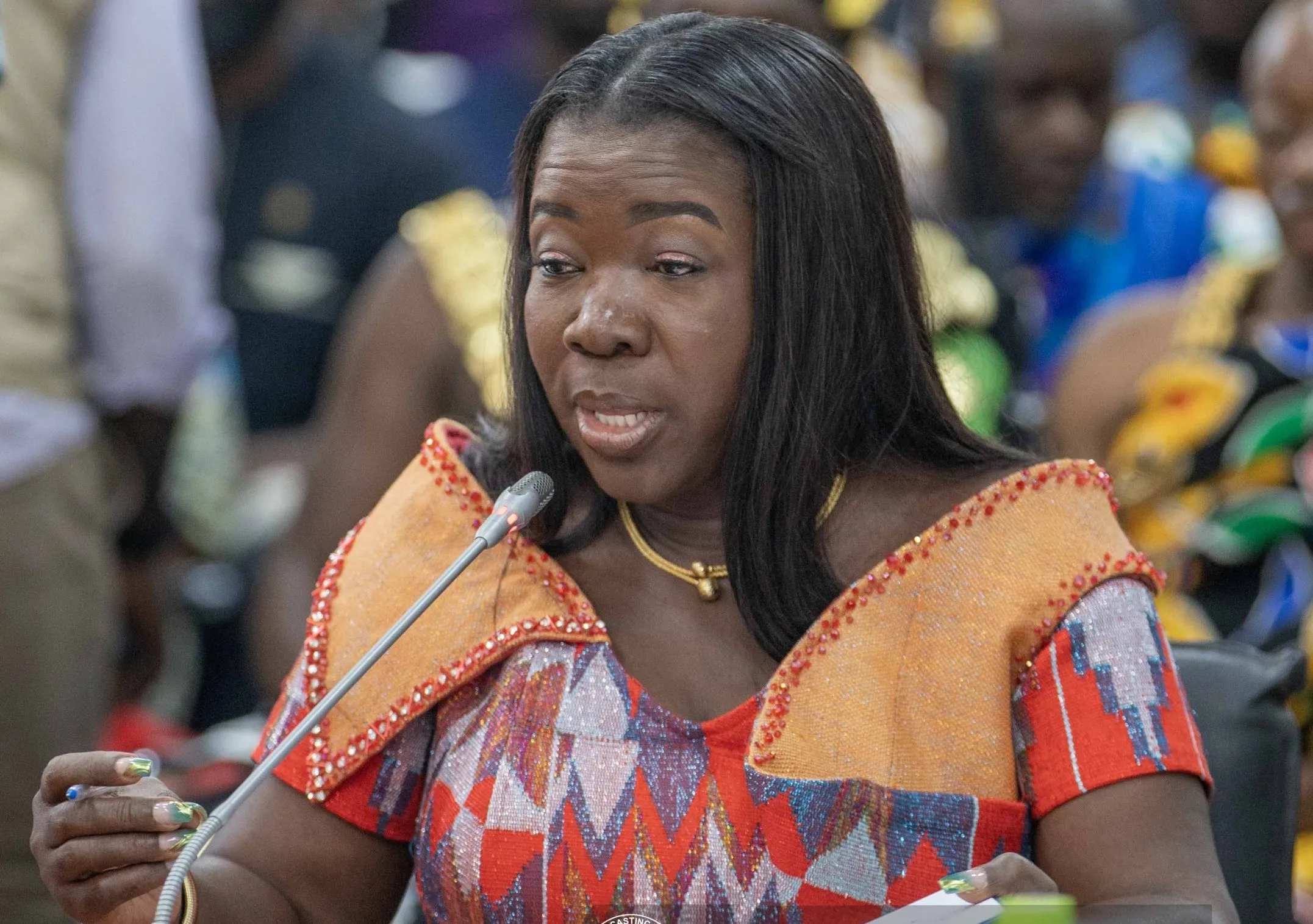Accra (Greater Accra) 27 May ’99
The vice-president Prof. John Evans Atta Mills, on Wednesday said that the public services reform process must continue to ensure a lean, cost-effective and responsive public service.
He said although much has been achieved to improve efficiency, a lot still remains to be done.
Prof. Mills was speaking at the second annual Public Services Commission (PSC) lectures under the theme, “Looking ahead into the 21st century: implications for the public services”.
“We all have moments of feeling that the new way is more trouble, more difficult and more complicated. But once we break through the barrier of unfamiliarity and become comfortable with the new systems, change begins to pay dividends”.
Prof. Mills noted that the positive changes made at the higher levels of the service have not trickled down.
“Businessmen, foreign investors or the general public still observe a lack of urgency and commitment”.
He said it was to eliminate the “elitist and authoritarian attitude” of public services that he directed those that charge for their services to display their schedule of fees and publish them by the end of this month.
Professor Alexander Kwapong, former vice-chancellor of the University of Ghana and an education consultant, mentioned good governance, capacity building and globalisation as challenges relevant to the attainment of Ghana’s Vision 2020 goals.
“We should build our human and institutional capacities within the framework of good governance to meet the imperative challenges of the global society of the 21st century”, he said.
Prof. Kwapong highlighted the importance of high quality educational system to Ghana’s public and private sectors saying every level of the educational system must be transformed specifically in science and technology.
With the advent of constitutional rule, civil society comprising NGOs, political parties, labour unions and religious and professional bodies, also has a greater opportunity to promote development and good governance.
Prof. Kwapong said civil society must promote consensus building to strengthen the foundations of participatory democracy.
“Civil society’s role in ensuring good governance will, therefore, require the enhancement of its capacity to understand political, economic and social issues and to articulate these effectively.
This would require the abolition of constraints like “mass poverty, poor education and high rate of illiteracy, ignorance, superstition, high fertility rate, low productivity, lack of information and the absence of a development vision for the people”.











